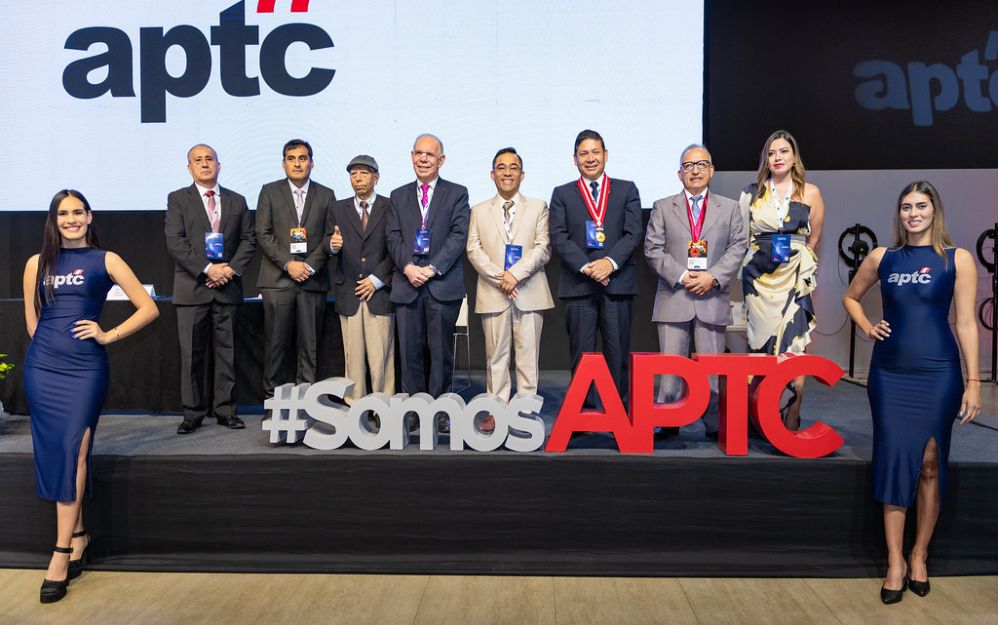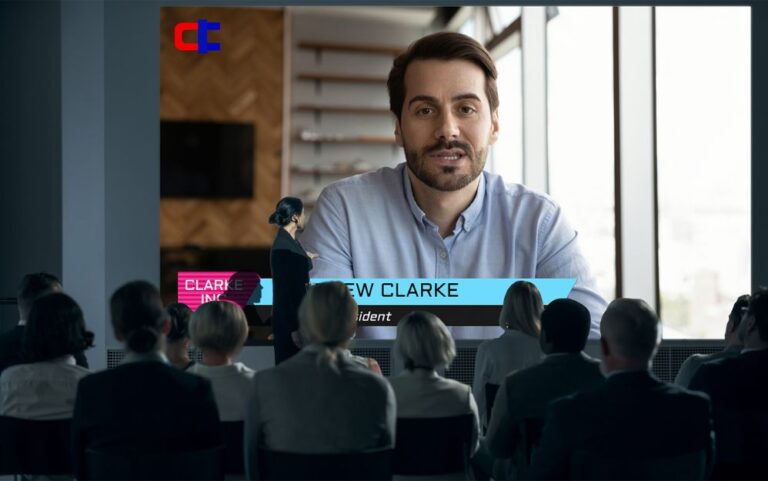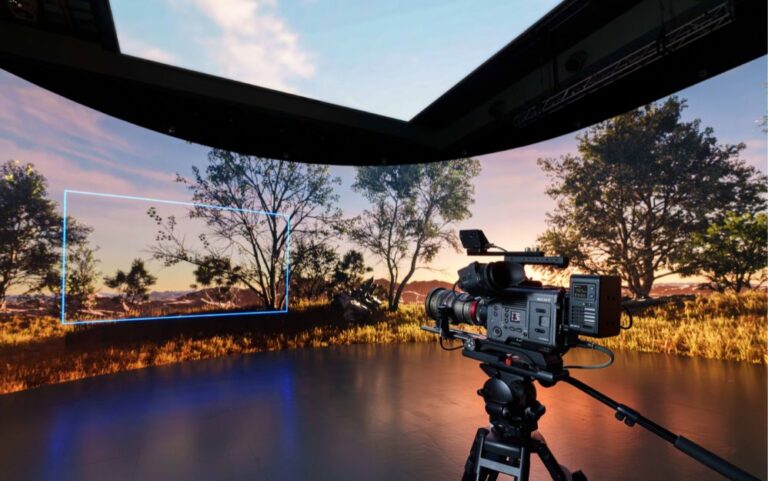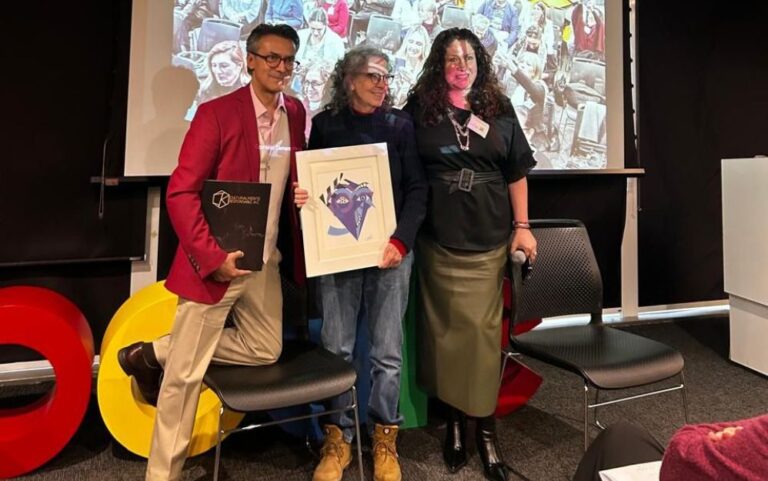U.S. HISPANIC
Film and Maker: Chromosome 21 is a classic crime thriller that addresses Down syndrome and inequality
Maribel Ramos-Weiner| 3 de marzo de 2023

Matias Venables Film Maker Chile 1
Chromosome 21, the Chilean series that addresses the issue of Down syndrome from the detective genre, is a project that began seven years ago. It is developed by Matías Venables and Nico Martínez, partners of Film and Maker, which was granted two state funds (CORFO and CNTV) and later was supported by Canal 13 and Wild Sheep Content, the production company of Erik Barmack (former Netflix executive). In October 2022 it premiered on Channel 13 and since February it has been available on Netflix.
“The idea was born in 2016, but it was not until 2019 that we were granted state funds and then Channel 13 jumped in. We presented it to the MIA in Italy for more funds, and despite not making the final selection, Barmack saw the project in the previous phases, liked it, and contacted us. It was a very important step to move forward with the series,” said Venables, creator, executive producer, director, and also one of the four screenwriters of Chromosome 21. Wild Sheep became a co-producer, financier, and the architect of the sale to Netflix.
Chromosome 21 comes from the desire to tell a story where the leading characters are people living with Down syndrome. “I had many questions about people with that condition and, along with that, I wanted to talk about poverty, inequality, and the lack of opportunities in Chile and in our region. Both themes were brought together in a character with Down syndrome, born in a poor and lawbreaking environment and who is involved in a crime,” explained Venables.
“We did a lot of research, which was enlightening for me, we got to know foundations and got together with families of people with Down syndrome. We try to portray different realities and personalities: Tomy’s character represents autonomy; Cristi’s too, but with the limitations set by his mother; Emilio’s, a situation of maternal overprotection.”
The narrative structure has all the elements of a classic detective story: a crime, a mystery to solve, and some clues that begin to reveal the enigma and keep the viewer engaged. And while the crime is solved, the series raises questions and reflections on the situation of people with Down syndrome before the courts, on their autonomy, maternity, sexuality, and other issues. “The objective was to captivate the viewer from the beginning with an agile rhythm and, without them realizing it, make them think about the rest of the issues.”
The series was conceived for two platforms, open TV (Channel 13 of Chile) and streaming (Netflix), therefore, the narrative, rhythm, and aesthetics had to accommodate high standards. “In this sense, we had super-important support from Matías Ovalle from Channel 13. The television station understood that the project had to navigate different paths than it would if it had been only for open TV. We wanted to make a high-quality series that would also work for open TV viewers. We believed it could and it did.”
Chromosome 21 is Venables’ first series and currently, after the excellent reception from the Latin American audience, it is exploring different narrative lines for a potential new season. He is also working on a film project. It’s being delivered internationally by The Mediapro Studio Distribution.
“Chile is offering good stories that combine contingent, deep, acute themes. I believe that the art of cinema is there to question, challenge, and trigger questions. I also think that you have to be aware that reaching a mass audience is important through thoughtful and entertaining productions and not only making sharp films and series for small niches. I think that this is something interesting that is taking off in Chile”, concluded Venables.
Diario de Hoy
|
|||||||||||||||||||||||||||||||||||||||||||||||||||||||||||||
Videos relacionados (1)

27 de noviembre de 2019
Erik Barmack lanza su compañía Wild Sheep para estar más cerca de los productores














